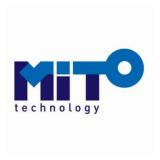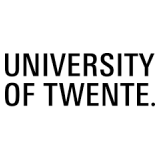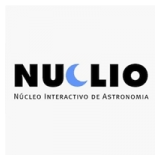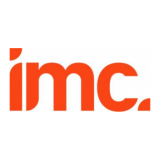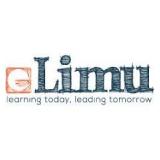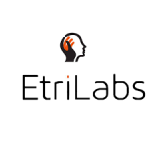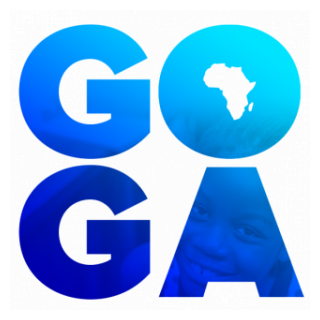GO-GA (Go-Lab Goes Africa) builds on the successful experiences, implementations and developments that were achieved in the Go-Lab project and continued in the Next-Lab project. GO-GA’s main objective is to adapt and implement the successful Go-Lab ecosystem in Africa, first piloting in 3 countries (Nigeria, Kenya, and Benin) and then scaling up to more users and more countries.
The Go-Lab ecosystem offers students rich, challenging, and socially embedded science and technology experiences that shape their science and technology knowledge, together with reflective and social abilities. By starting at a young age, the ecosystem intends to increase the enrolment in science and technology education by offering engaging and interactive learning tools and decrease students' dropout rate.
By combining inquiry and 21st-century skills, the Go-Lab ecosystem intends to contribute to a better-equipped workforce. All these benefits are dearly needed in Africa; therefore, the purpose of the GO-GA project is to take Go-Lab outside of Europe, to adapt its ecosystem to African requirements and to roll it out on the African continent. In order to do so, extensive teacher training in pedagogical and technical skills is also needed and planned in the project, including the use of the Train-the-Trainer and Train-the-Peer programmes, and the creation of teachers’ communities across Africa.
The GO-GA project is funded by the European Union's Horizon 2020 research and innovation programme under grant agreement No 781012. The project consortium consists of 5 European partners from Italy, Switzerland, Netherlands, Portugal, Germany and 3 African partners from Nigeria, Kenya and Benin.
